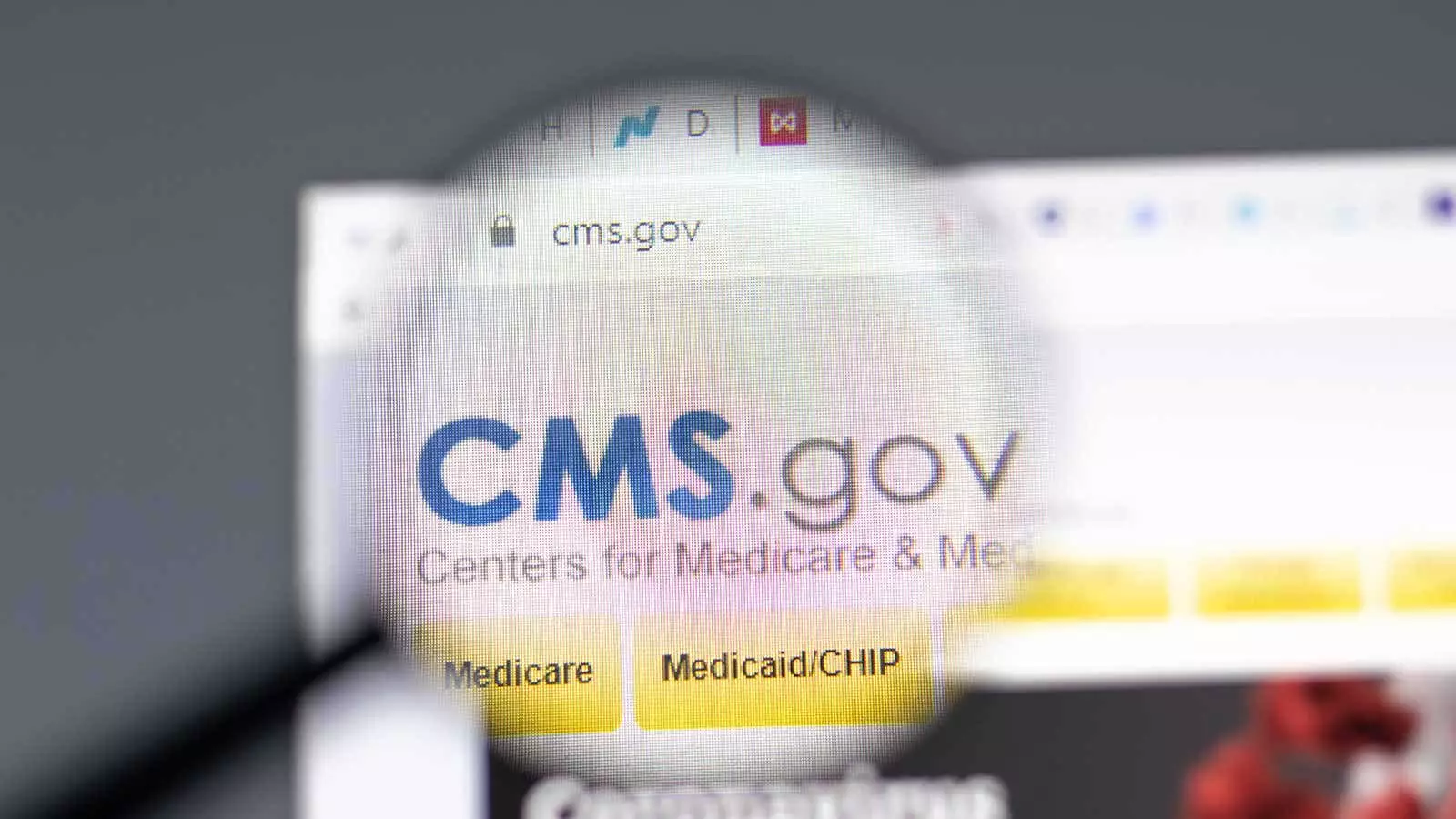In a significant move aimed at improving patient access to care, the Biden-Harris administration has introduced a proposed rule that promises to make prior authorization protocols and coverage criteria for Medicare Advantage plans more transparent and accessible. The Centers for Medicare & Medicaid Services (CMS) has actively worked over the last three years to tackle issues within the Medicare Advantage landscape. Meena Seshamani, MD, PhD, who leads the Center for Medicare, emphasized the importance of this initiative during a recent call with reporters. She indicated that the ongoing reforms reflect a commitment to ensuring that patients receive necessary treatments without undue obstacles.
The concern surrounding prior authorization processes stems from the alarming data that suggest a high rate of denied claims could be overturned. Reports show that an average of 80% of denied claims are ultimately approved upon appeal, underscoring the need for reform that empowers patients to challenge these decisions. However, the stark reality is that only a small fraction of denied claims—less than 4%—are ever appealed. This indicates a compelling need not only for policy changes but also for robust awareness campaigns to educate beneficiaries about their rights and options under Medicare Advantage plans.
The proposed rule aims to enhance clarity around prior authorization requirements by mandating that Medicare Advantage plans provide public access to their coverage criteria. Seshamani articulated the rationale behind this rule, stating that by explicitly laying out coverage criteria, patients would be better informed about what services are covered and under what conditions. This transparency is pivotal not only for patient empowerment but also for fostering trust in the healthcare system.
Moreover, part of the proposed enhancements includes the requirement for plans to communicate clearly about appeals rights to their enrollees. The intent here is twofold: Firstly, to limit the unnecessary barriers that many patients face when attempting to access care, and secondly, to ensure that patients know they have the right to appeal denied claims. By tightening the coverage standards and providing vital information about patients’ rights, the administration seeks to reduce the instances of unjust denials that compromise patient care.
Another critical component of the proposed changes addresses the inadequacies in provider directories for Medicare Advantage. Seshamani noted that many seniors rely heavily on resources such as the Medicare Plan Finder when selecting their coverage. The new rule proposes that Medicare Advantage organizations submit their comprehensive provider directories to CMS, which would then incorporate this information into the Plan Finder tool.
This initiative is critical to ensuring that beneficiaries can effectively navigate their options and make informed choices about their healthcare. By simplifying the process of comparing provider availability across different plans, the intention is to alleviate some of the burdens associated with choosing the right Medicare coverage. In a health landscape where informed decision-making is crucial, this transparency can make a substantial difference in outcomes for patients.
The proposed rule has garnered bipartisan support, including praise from Senator Ron Wyden, the chair of the Senate Finance Committee. He highlighted the importance of the rule in protecting Medicare beneficiaries by curbing excessive prior authorization requests and the phenomenon of “ghost networks,” where seniors struggle to find available doctors. Additionally, the proposal aims to mitigate predatory practices by brokers who may mislead seniors into unsuitable plans.
As the deadline for public comments on this proposal approaches—set for January 27, 2025—the roll-out of these reforms will ultimately depend on future administrative priorities. As stakeholders, including patients, providers, and policymakers, await further developments, the proposed enhancements reflect a significant step towards more patient-centered healthcare in the Medicare Advantage arena. In a system often criticized for its complexity and lack of transparency, these changes could herald a more accessible and equitable future for seniors navigating their healthcare choices.
The administration’s ongoing focus on patient access and rights within Medicare Advantage is a narrative that resonates deeply with the needs of a growing aging population. It underscores the critical role of transparent and accessible healthcare policies that prioritize the welfare of beneficiaries while ensuring the integrity of the Medicare program itself.


Leave a Reply